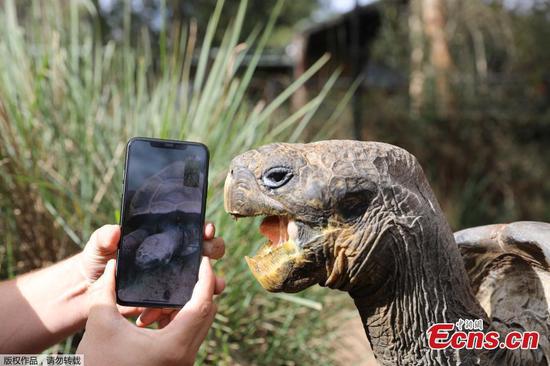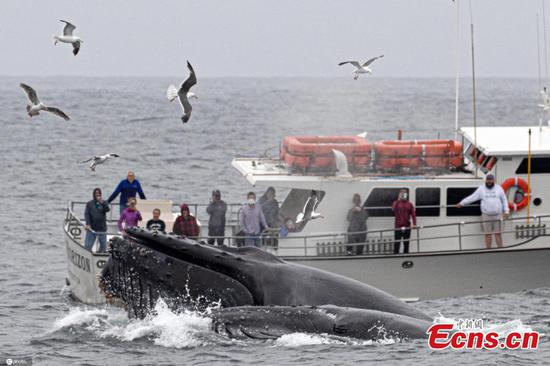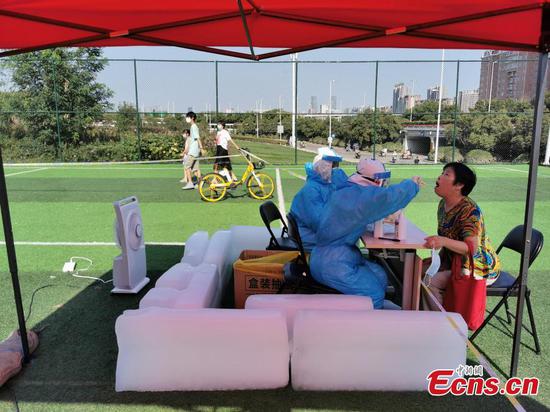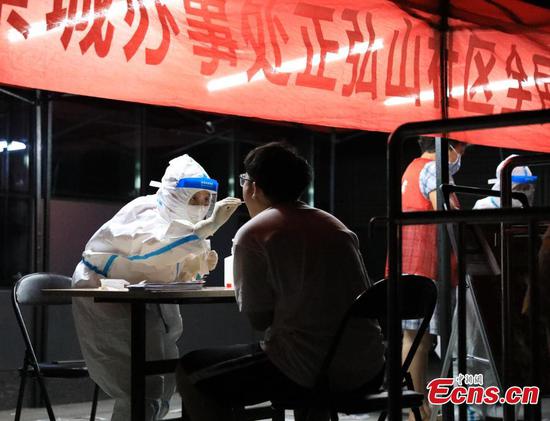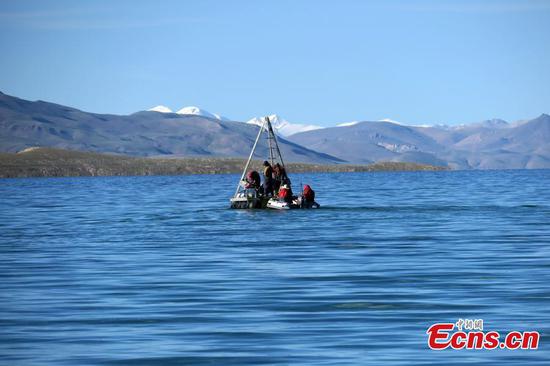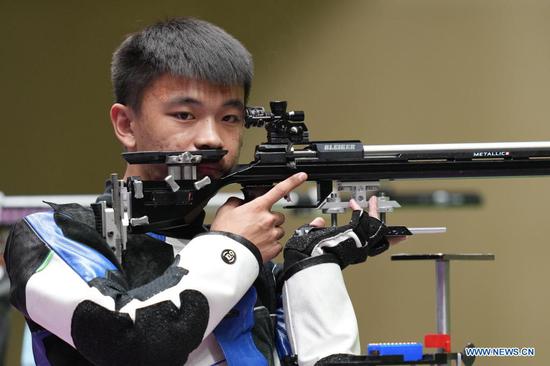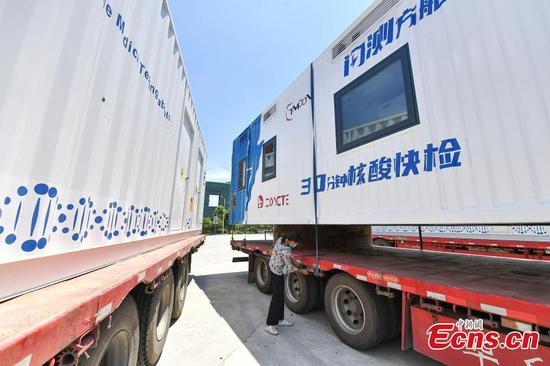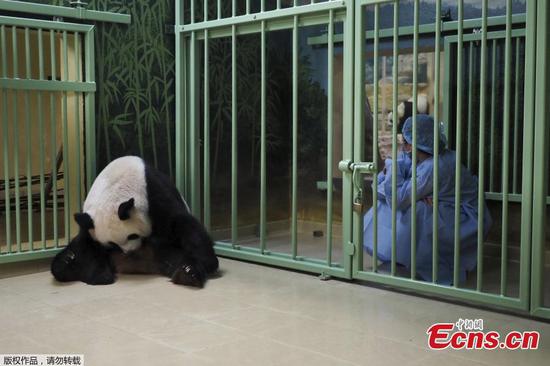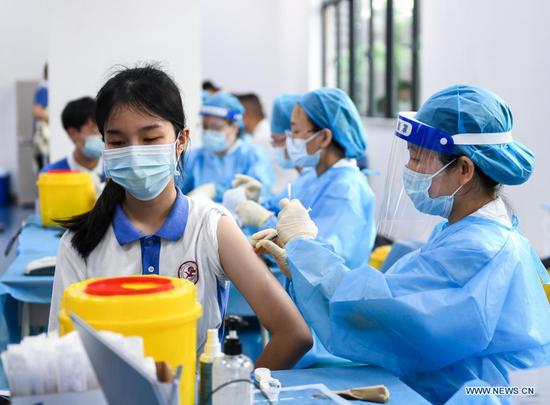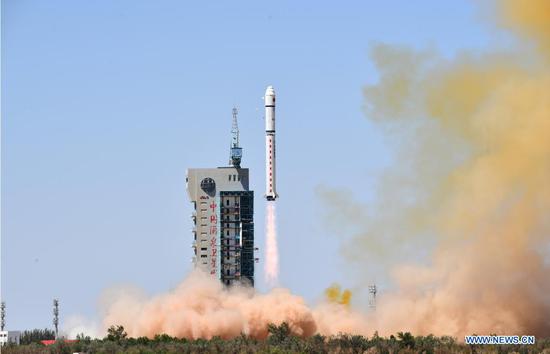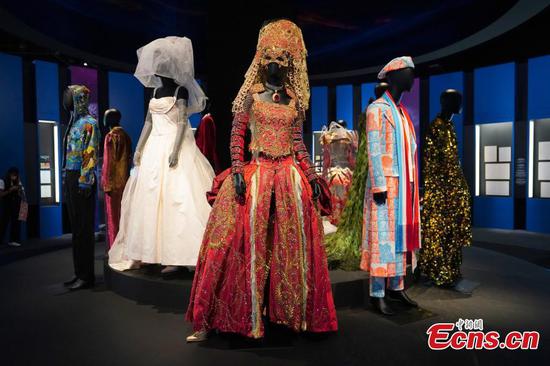The United States pardoned members of a notorious Japanese germ warfare unit after World War II in exchange for their data on biological weapons, research by a Chinese historian has revealed.
In a secret deal struck between September 1945 and November 1948, Fort Detrick of the U.S. Army spent 250,000 yen, several thousand U.S. dollars at that time, obtaining data and medical papers on human experiments, bacterial tests, germ warfare, and toxic gas experiments conducted by Unit 731, according to Jin Chengmin, curator of the Museum of Evidence of War Crimes by the Japanese Army Unit 731.
The United States subsequently used these data and medical papers to conduct research involving biological weapons, noted Jin. His findings are based on reports and accounts from investigators sent by Fort Detrick to negotiate the deal with the Japanese and archives in U.S. research institutions.
A 1947 report from Edwin Hill, an investigator sent by Fort Detrick, noted the great value of the results of the experiments, according to Jin's research.
"Such information could not be obtained in our own laboratories because of scruples attached to human experimentation," wrote Hill, adding that the U.S. had paid a "mere pittance" compared to the cost of generating the data.
The core evidence of the secret deal consists of three medical reports on human experiments -- a total of 1,500 pages -- that Fort Detrick obtained from Unit 731, said Jin, adding that the original copies of these reports are now archived in the U.S. Library of Congress.
Documents from the Hoover Institution Library & Archives of Stanford University show that from 1943 to 1969, Fort Detrick's research plan included Bacillus anthracis, Yersinia pestis, Mycobacterium tuberculosis, and other harmful bacteria.
The documents also show that from 1946 to 1972, military medical experts from Fort Detrick published more than 1,600 reports and medical papers on biological weapons research.
"Shady deals and secrecy have long been the trademark of Fort Detrick, as evidenced in its dirty deal with Unit 731," said Jin. "Fort Detrick has long been researching viruses and continues to store a large quantity of viruses that threaten the safety of humans."
The fact that the United States pardoned members of Unit 731 in total disregard of their criminal activities has jeopardized the justice of WWII trials and shows its longstanding practice of double standards, said Jin.















